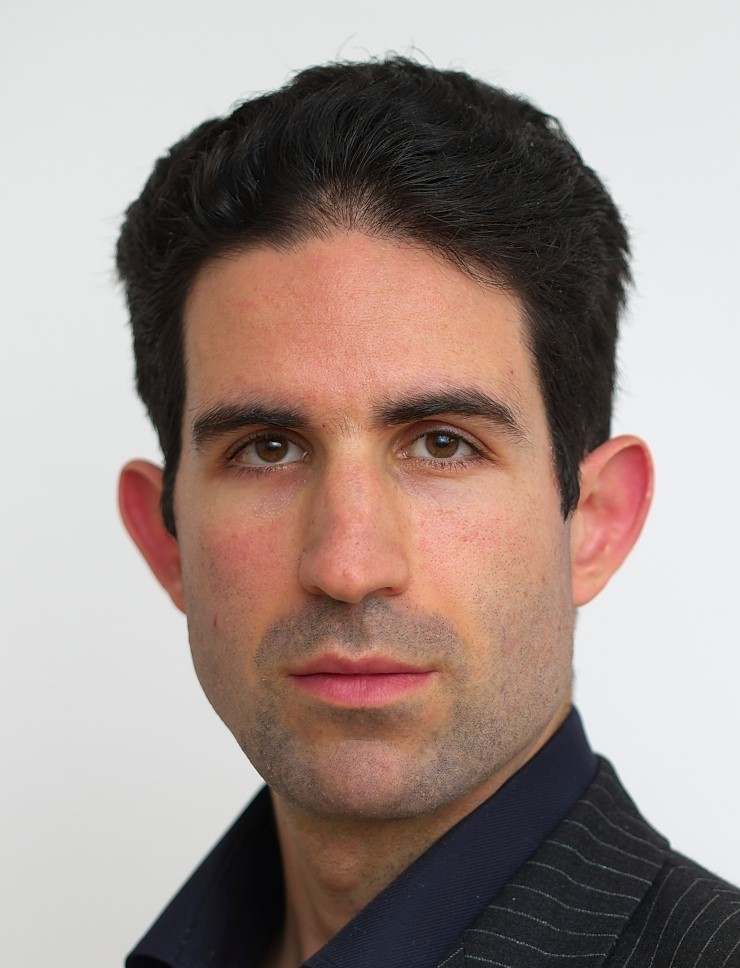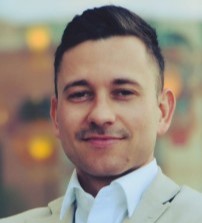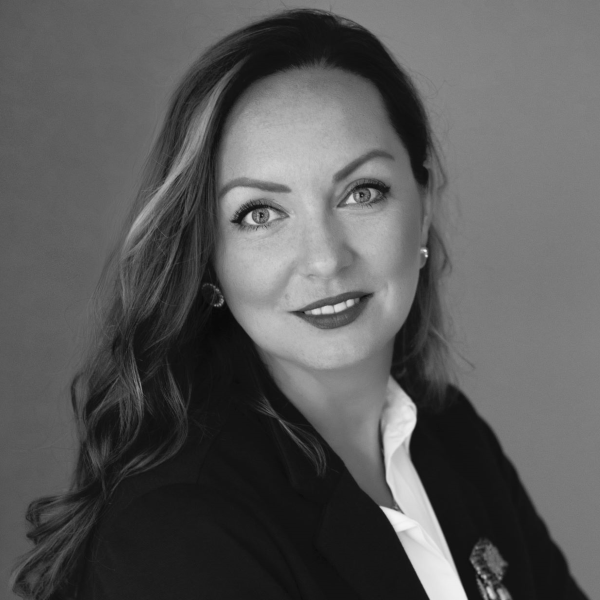
Author: Joachim Dehais, PMP, VP Volunteers
Ah, la rhétorique, honie comme elle est souhaitée. Mais comment fonctionne-t-elle, et comment pouvons nous nous emparer, voire, comment pouvons nous nous en servir?
C'est en ces termes que commence l'ouvrage, conséquent, de Clément Viktorovich. En effet, la rhétorique est parfois considérée comme manipulatrice, entre autres parce qu'elle peut l'être, mais aussi car nous vivons une époque technocratique et ‘data-driven’. Mais comme souvent, les outils ne sont que des outils, et savoir s'en servir de manière honnête - comme efficace, n'est pas donné.
En mettant donc de côté les questions les plus épineuses de l'éthique, joignons nous à la question de comment convaincre et ne pas se "laisser" convaincre.
Le modèle grec, ici repris, consiste en trois grands espaces: le logos ou verbal et rationnel, le pathos ou émotionnel, et l'ethos ou relationnel. Jusque là rien de nouveau.
Bien que nous pensions être rationnels, loin de là, il faudra donc savoir jouer des arguments non-verbaux aussi pour les bonnes causes. En effet, le pathos, aussi dénigré soit-il dans nos pensées, y joue un jeu crucial. De même, l'ethos, ou la manière dont nous nous représentons et sommes perçus, influe sur notre audience pour le bon comme le mauvais.
Mais, afin de ne pas vous dérober le plaisir de la lecture et de la pratique, je me tiendrais à vous dévoiler quelques outils de style tout à fait managérial:
- L'inventaire: des idées, des arguments, des répliques (les vôtres commes celles de vos adversaires)
- La priorisation des arguments: selon leur rigueur, leur efficacité (par rapport à une audience donnée), notre propre conviction (car celle ci nous rend convaincant, l'essence même du ‘confidence trick’)
- La sélection et séquenciation: ou, comment construire un argument pour un temps et une audience spécifiques. Il s'agit ici de construire un ensemble souvent plus cohésif (qui se suit) que cohérent (qui forme un tout). On retrouve ici les principes connus du ‘storytelling’, qu'il se base sur une logique, ou une narration. L'usage du choc introductif.
Ainsi que plus linguistiques:
- La formulation: ici nous trouverons un éventail surprenamment large de techniques pour formuler vos idées de manière attrayante. Commencez par revoir le cadrage (ou point de référence), le vocabulaire (positif dans vos mots, négatif en décrivant les arguments adverses).
- L'engagement: se servir de structures stylisées pour renforcer une image de compétence, créer des montées émotionnelles par la répétition stratégique et les assonances, saillir en contrastant positif et négatif, lent et vif.
Et ceux à détecter et éviter: logiques circulaires, assomptions cachées ou malformées, généralisations brutales et démonstrations par bon sens ou exemple, les fausses options, les "concepts mobilisateurs" (surprise)!
Joachim Dehais, PhD, PMP, TOGAF, CCBA





